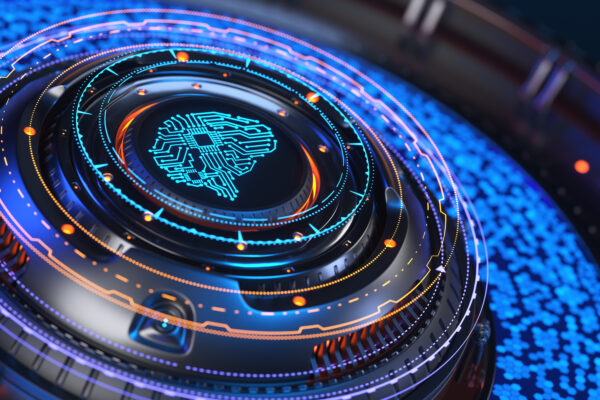22 Aug The Sound of AI Music: Berlin Hears the Future

Attorney Vera Zambrano, who has represented artists and musicians in Germany and the U.S. in all possible constellations, stresses that we are entering a defining phase in copyright law. “Currently, the law is far behind on technology, simply because the current copyright laws were implemented before AI even existed,” she says.
Slowly but steadily, intellectual property law is rising in priority, which became apparent in April this year. A TikTok user by the name of ghostwriter977 released a song on streaming platforms titled “Heart on My Sleeve,” which sounded like a collaboration between Drake and The Weeknd. The song became an internet hit overnight, but before it could reach its full potential, it disappeared from the internet.
“Apparently, the legal teams behind the two Canadian superstars managed to take the song down by means of an out-of-court-settlement,” Zambrano said. “But it is unclear how they did this.”
It is still too early to say which direction the law is going to go, but it is clear that AI will play a larger role in the production of music. In discussing “Heart on my Sleeve” with NPR, Stanford University professor Ge Wang said that we are witnessing just the beginning. “The cat is not going back in the bag,” he said. But it could take many years before the law catches up with today’s technology, let alone tomorrow’s.
Still, lawyer Zambrano is optimistic about rights for the musicians of tomorrow. She says that artists have the constitution on their side as long as they are not intentionally and purposely copying somebody else’s work without permission. Besides, AI systems get their inspiration from the past, just like humans do. “It’s impossible to make music that sounds like nothing that came before it,” Zambrano said.




